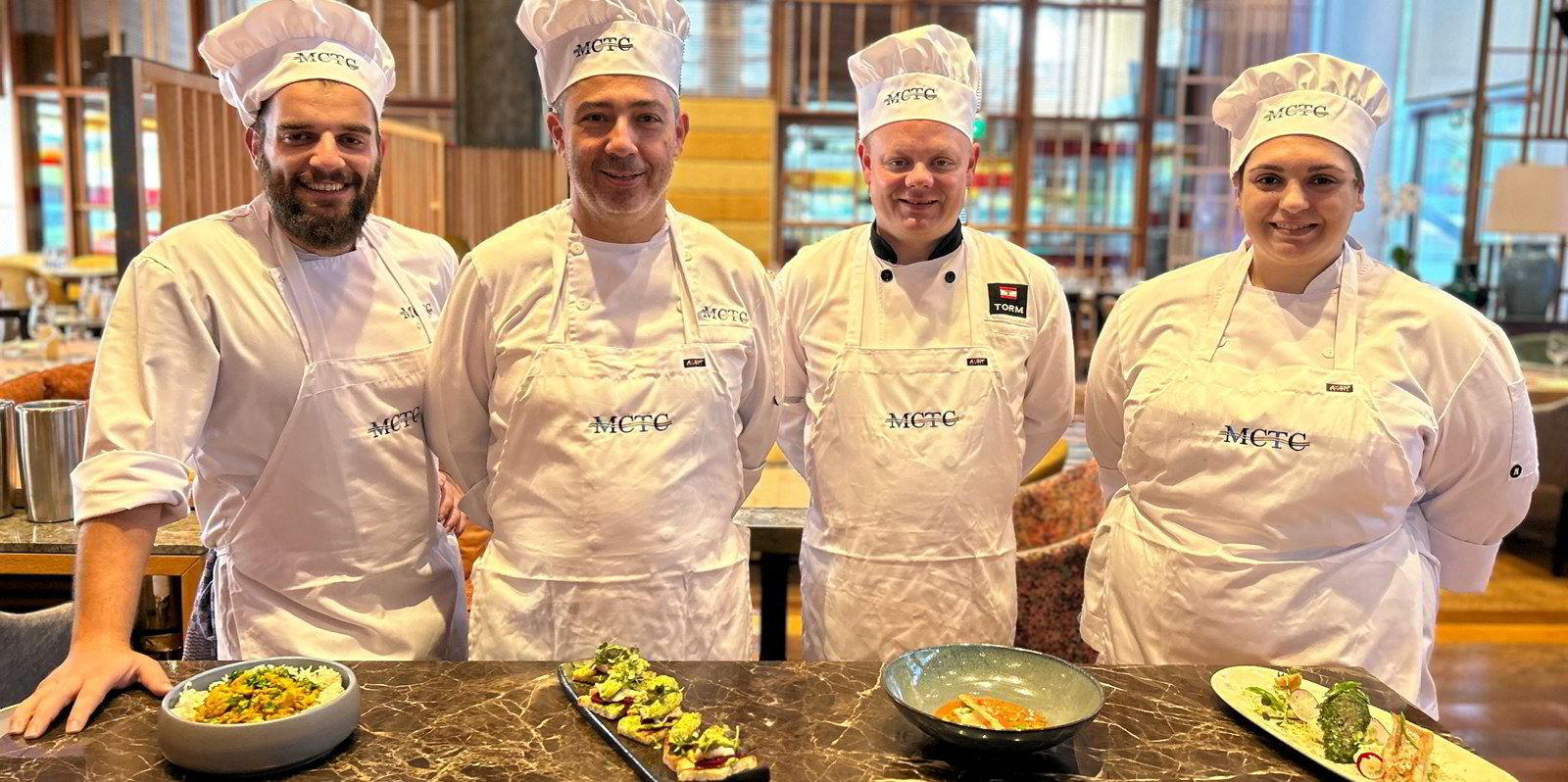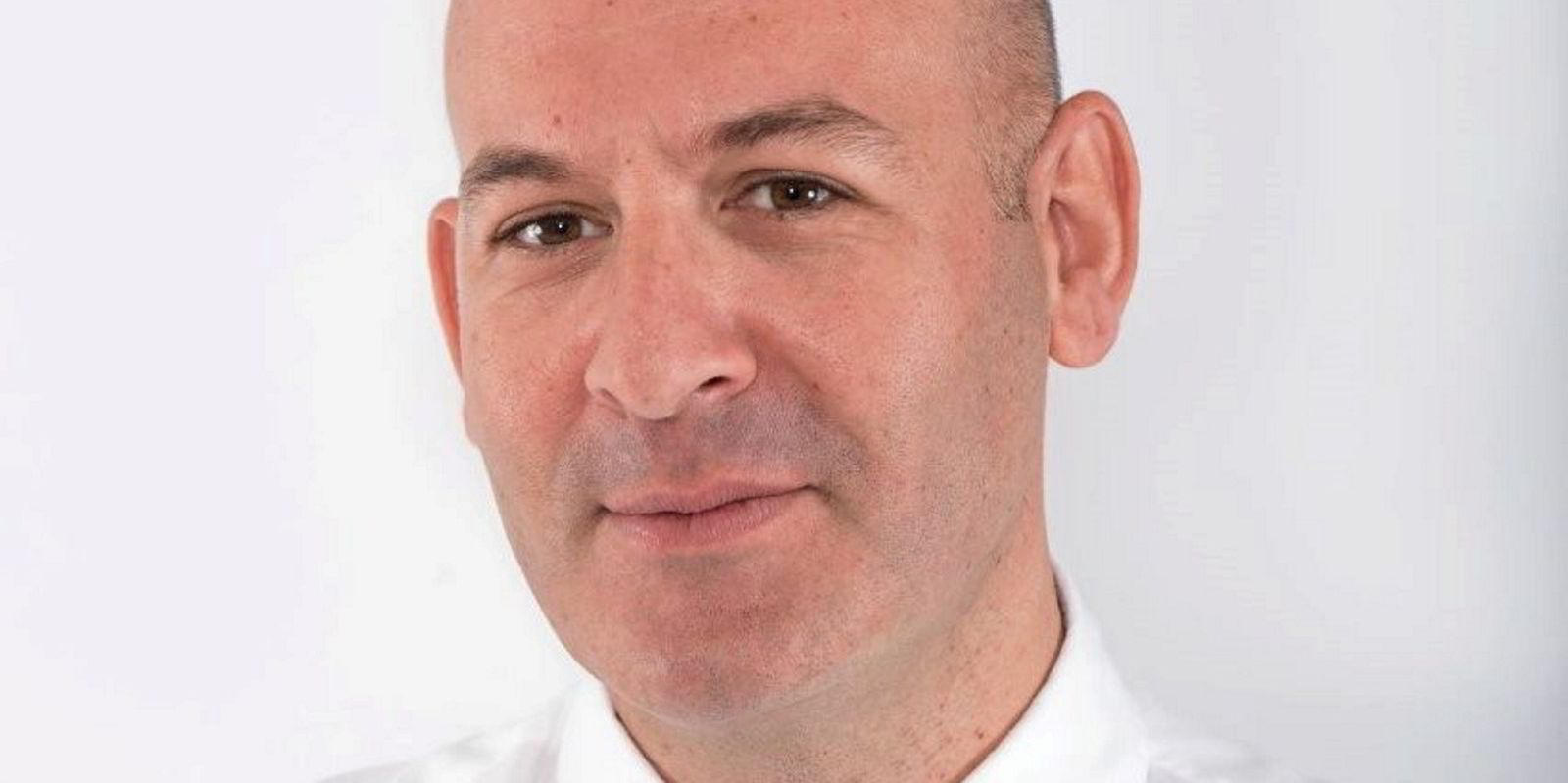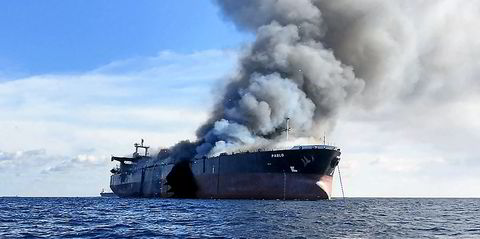Shipping catering company MCTC and shipowner Torm have teamed up to demonstrate how seafarers can help eat their way out of an environmental pickle.
The two operations have launched an “eat them to beat them” campaign dealing with invasive species introduced into non-native habitats.
They want vessels to use these species as ingredients in recipes on board.
MCTC’s experienced chefs and Jogvan Trondessen Andreasen, senior catering manager at Danish tanker operator Torm, held a live cooking demonstration in Limassol, Cyprus, as part of the push.
They showed how to safely prepare lionfish, a species fast spreading through the Mediterranean, the Gulf of Mexico and the Caribbean.
Red lionfish are thought to be drastically changing and disrupting food chains, due to a growing population and being largely inedible for other fish.
MCTC now plans to work with local suppliers to support invasive species already identified in the market, and supply them to vessels.
Culinary consultants will then work with galley crews to help them prepare tasty and healthy meals using the fish.
“At MCTC we aim to educate and to provide an insight into the invasive species problem by emphasising how we can introduce safe to eat…species in our daily menus,” said Charalampos Antoniou, environmental and suppliers officer at MCTC.
“Our experienced culinary training team has been busy preparing recipes with the invasive species as the main ingredient, which can be locally sourced.”
Asian carp spread in the US
An invasive species is described as a non-native organism, introduced by humans in a particular area that did not pre-exist, causing habitat degradation and biodiversity loss, he explained.
The Asian carp is another example.
The fish has been causing problems in the US after it was initially introduced in the Mississippi River in the 1970s to control algal blooms.
Since then, it has been making its way up the Mississippi, disrupting food chains.
MCTC chief executive Christian Ioannou said: “At MCTC we always ensure that our actions and processes do not overburden the environment and we strive to increase the sustainability performance not just of our company but the whole maritime catering sector.”






